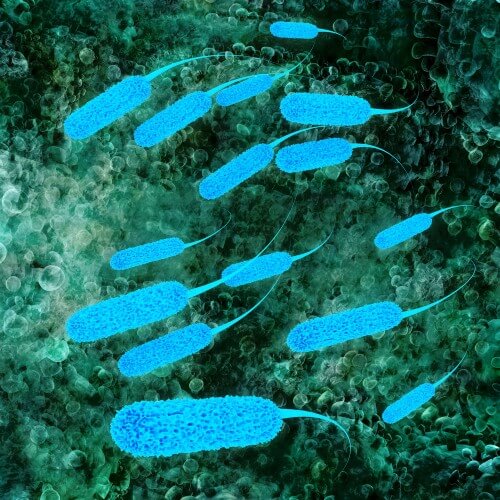The food we eat rapidly changes the composition of the bacteria in the intestines

We are what we eat and so are the bacteria in our bodies.
Microbiologists have known for some time that a different diet produces a different population of bacteria in the gut, but new research suggests that the changes are occurring at an alarming rate. In a new study, it was found that the bacterial population changes measurably a few days after a significant change in diet.
Researchers provided two groups of volunteers with different diets: one based on animal foods that included meat, eggs and cheese, and the other based on vegetables. The microbiome (the entire community of bacteria in the gut) reacted almost immediately. A diet based on animal food, for example, curbed the number of bacteria that break down carbohydrates from plants and increased the level of bacteria that can live in an environment of bile juices that help digest fats. "Changes that we thought would take days, weeks or years started immediately, within hours," said Eugene Chang, a professor of medicine at the University of Chicago, who was not involved in the study.
The rapid changes were a big help to people in ancient times, says Lorenz David, a professor at Duke's Institute for Genomic Sciences and Policy, who participated in the study. The diet of the hunter-gatherers underwent sharp changes depending on the food sources that were available to them and the adaptability of the microbiome helped a lot for maximum absorption of the food. David and his colleagues published their findings in the journal Nature
However, the microbiome is not always as effective. An increase in bacteria was observed in animals that feed on animals bilophila wadsworthia, a bacterium that causes colitis in mice, an inflammation of the colon. David cautions that it is too early to advocate any dietary changes. "We expect people to infer from this what the preferred diet is," says David. "But it is very difficult to reach a health-related judgment based on this study."
The article was published with the permission of Scientific American Israel
